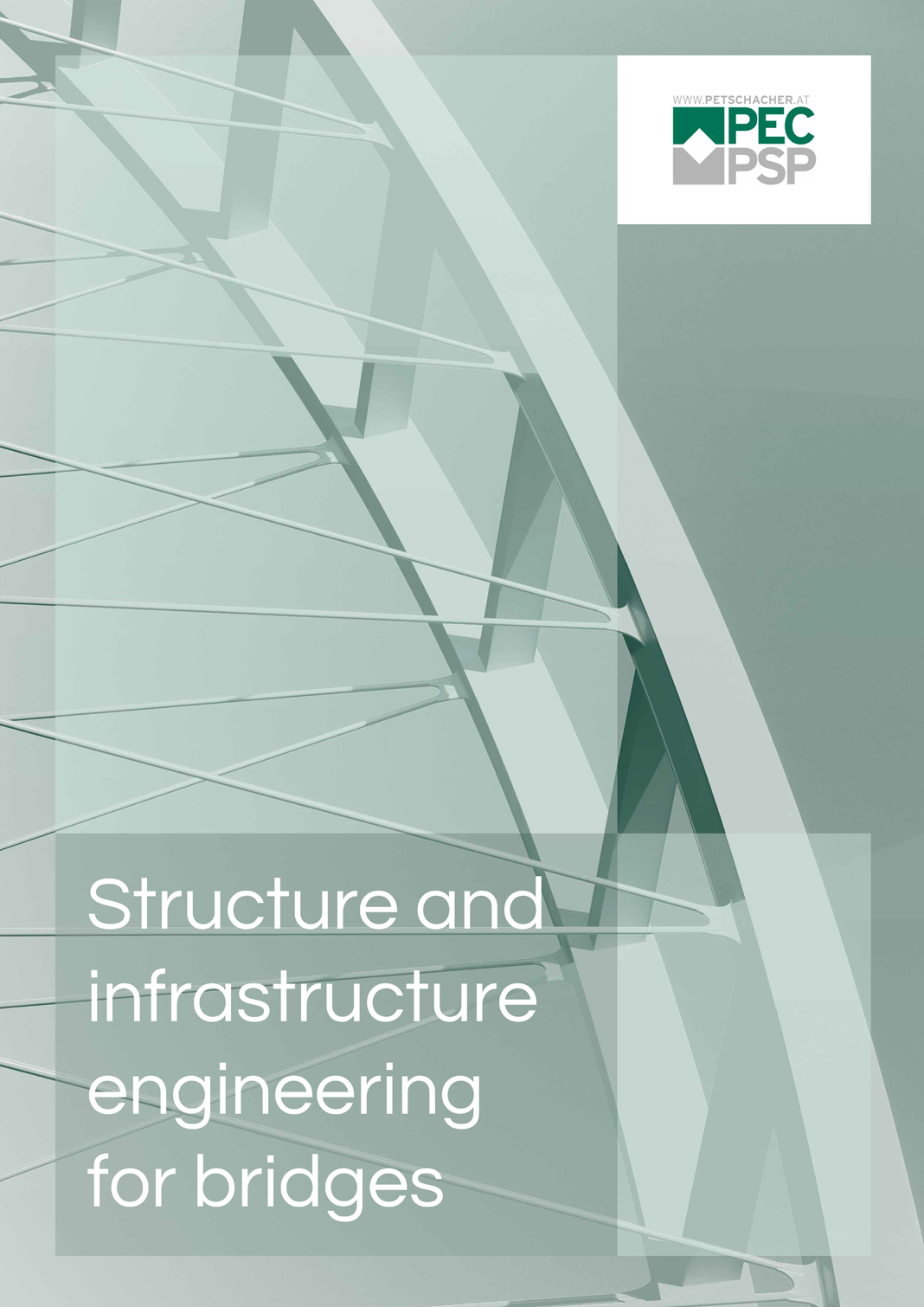Structural engineering consultancy firm Petschacher Consulting, ZT – GmbH (PEC) was founded in 1997 as a sole proprietorship, before transforming into a ZT GmbH in 2006.
PEC’s core competence is in structural engineering; and the company offers high levels of expertise in software development and embedded systems design. PEC is an innovative, research-driven company with strong links to academia and industry, which aims to find new and sometimes unconventional infrastructure management solutions for its clients.
It is essential to maintain the safety of the EU’s complex rail and road infrastructures, as widespread replacement of ageing infrastructure would be prohibitively expensive. PEC’s bridge maintenance planning capabilities integrate pioneering monitoring technology to provide planners with the necessary data to implement targeted, long term repairs; and its team of expert structural engineers conduct surveys, renovation planning and co-ordination on both rail and road bridges.
Alongside its structural engineering capabilities, PEC offers innovative advanced bridge monitoring (ABM) systems, providing continuous structural monitoring and observation of traffic and loading patterns in near real time; as well as bridge deterioration simulation technology. PEC’s Life Cycle Cost Analysis (LCCA) platform is aimed at bridge maintenance planners to help them predict the future lifespan of a bridge, using a combination of cohort analysis, statistical investigation and PEC’s background expertise in structural engineering to determine risk and target preventive maintenance.
This eBook also covers:
- The need for advanced bridge monitoring systems within the context of Europe’s ageing infrastructure;
- The essential components of advanced bridge monitoring, including continuous monitoring of a bridge’s condition, load monitoring and advanced analytics processes;
- The processes involved in conducting advanced bridge monitoring, data gathering, simulation and analysis;
- The significance of bridge monitoring to maintaining and preserving infrastructure;
- Using future simulation to predict the lifespan of a bridge; and
- Monitoring the health status of each of a bridge’s individual components.
For more information on Petschacher Consulting, please visit: http://www.petschacher.at


